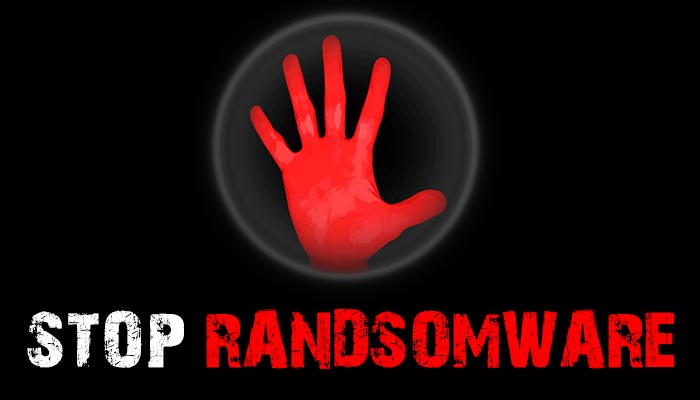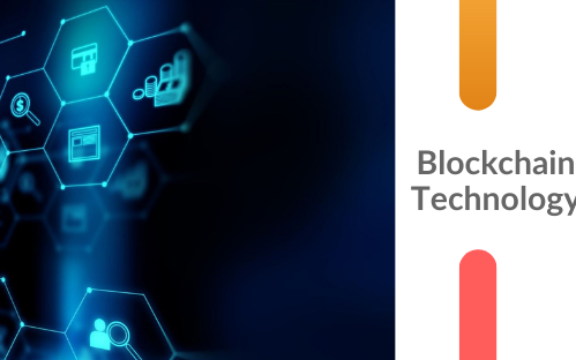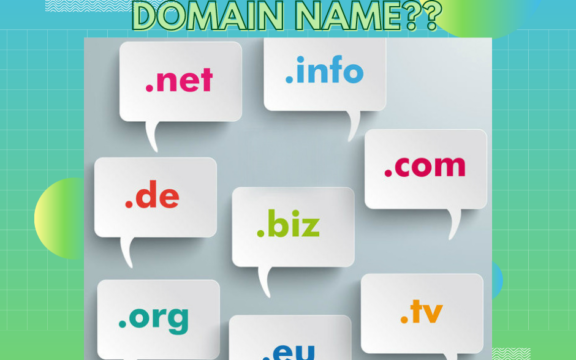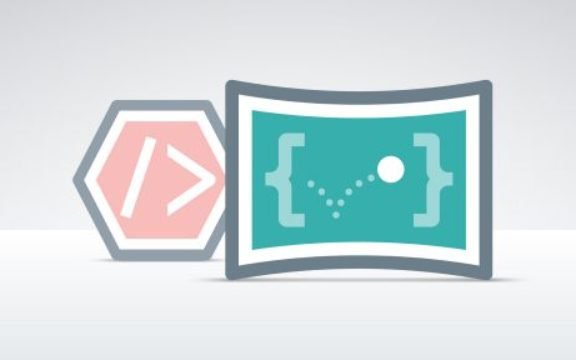May 12th 2017 noticed the largest ever cyber assault in Web history (yes, greater than the Dyn DDoS). A ransomware named WannaCry stormed through the net, with the harm epicenter being in Europe.
WannaCry leveraged a vulnerability in Windows OS, first found by the NSA, after which publicly revealed to the world by the Shadow Brokers.
Within the first few hours, 200,000 machines had been infected. Massive organizations such as Renault or the NHS has been struck and crippled by the attack.
Ransomware has been a rising trend for the previous two years, and that is just a culmination, a grand reveal to the wider world of simply how huge of a threat it is.
I got a phone call of my fellow client and he mentioned “My complete work from the previous 11 years got encrypted by WannaCry ransomware.”
Is there something I can do about it?
They’re asking for $500 for the decryption key.
This situation is unfolding right now someplace on this planet. Possibly even in your city or neighborhood.
On this very moment, somebody is clicking a hyperlink in a spam e-mail or activating macros in a malicious doc.
In a few seconds, all their information might be encrypted and so they’ll have just a few days to pay hundreds of to get it back. Except they’ve a backup, which most individuals don’t.
Ransomware creators and different cyber criminals involved in the malware economy are remorseless. They’ve automated their attacks to the purpose of targeting anybody and everybody.
Take this story from the New York Times:
MY mom received the ransom note on the Tuesday earlier than Thanksgiving. It popped up on her pc screen quickly after she’d found that all of her information had been locked. “Your information are encrypted,” it announced. “To get the key to decrypt files you need to pay 500 USD.” If my mom didn’t pay within every week, the price would go up to $1,000. After that, her decryption key would be destroyed and any probability of accessing the 5,726 files on her PC — all of her data — would be lost forever.
Sincerely, CryptoWall.
I hope you’re reading this post to be ready for a malware attack. Prevention is completely one of the best security technique in this case.
WannaCry ransomware prevention advice
- Disable smb v1, this prevents Wannacry from spreading within your network.
- Set up the Microsoft patches, this additionally prevents Wannacry from spreading inside your network. For extra data click on here
How to prevent a ransomware assault?
- Back-up! Have a recovery system in place so a ransomware an infection can’t destroy your private information forever. It’s good to create two back-up copies: one to be saved within the cloud (remember to make use of a service that makes an automated backup of your files) and one to store physically (portable disk drive, thumb drive, extra laptop computer, and so on.).
- Disconnect these from your pc if you end up done. Your back up copies may even come in useful should you by chance delete a crucial file or experience a hard drive failure.
- Use strong antivirus software program to guard your system from ransomware. Don’t change off the ‘heuristic features’ as these help the solution to catch samples of ransomware that haven’t yet been formally detected.
- Preserve all of the software program in your pc updated. When your operating system (OS) or applications launch a new version, install it. And if the software program offers the choice of automatic updating, take it.
- Trust nobody. Literally. Any account can be compromised and malicious hyperlinks might be sent from the accounts of associates on social media, colleagues or an online gaming companion. Never open attachments in emails from somebody you don’t know. Cybercriminals typically distribute fake e-mail messages that look very very similar to e-mail notifications from a web-based store, a bank, the police, a court or a tax assortment company, luring recipients into clicking on a malicious link and releasing the malware into their system.
- Enable the ‘Show file extensions’ choice within the Windows settings in your pc. This may make it a lot simpler to identify potentially malicious files. Keep away from file extensions like ‘.exe’, ‘.vbs’ and ‘.scr’. Scammers can use several extensions to disguise a malicious file as a video, picture, or doc (like hot-chics.avi.exe or doc.scr).
- If you uncover a rogue or unknown process in your machine, disconnect it instantly from the internet or other network connections (such as home Wi-Fi) — this may prevent the an infection from spreading.
The general advice is to not pay the ransom. By sending your money to cybercriminals you’ll only confirm that ransomware works,
and there’s no assure you’ll get the decryption key you want in return.
Hope This will be useful to prevent such attacks and raise knowledge about this WannaCry ransomware. Share this post to everyone and prevent malicious ransomware from your friends & colleagues computers.



















 All Rights Reserved © Byteknight Creations.
All Rights Reserved © Byteknight Creations.